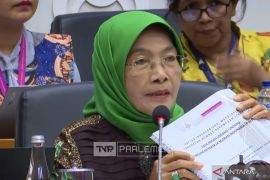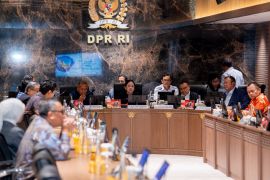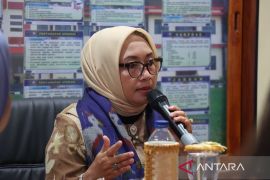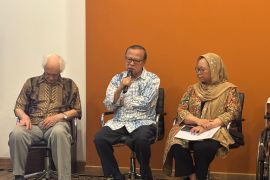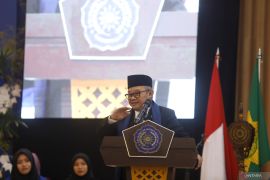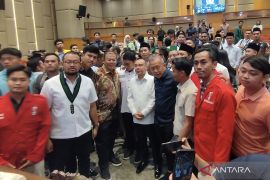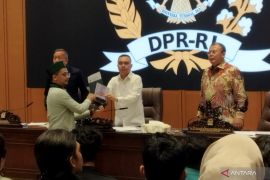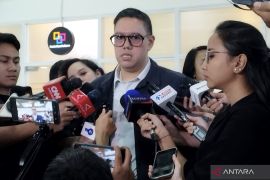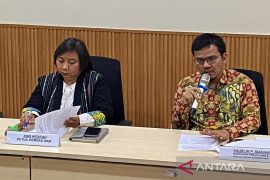"The law is different from the previous law and has been adjusted to the related laws," Manpower Minister M Hanif Dhakiri said.Jakarta (ANTARA News) - The Indonesian House of Representatives (DPR) passed a bill on the protection of Indonesian migrant workers into a law at its plenary meeting here on Wednesday.
The law is the revision of law number 39 of 2004 on the placement and protection of Indonesian workers abroad and is part of the manpower system set forth in law number 13 of 2003 on manpower.
"(The passage of) the bill into law is part of the effort to improve migration governance and to protect Indonesian migrant workers. The law is different from the previous law and has been adjusted to the related laws," Manpower Minister M Hanif Dhakiri said following the plenary meeting.
The law on the protection of migrant workers has been adjusted to law number 25 of 2009 on public services, law number 6 of 2012 on the ratification of the International Convention on the Protection of the rights of all migrant workers and members of their families, and law number 23 of 2014 on regional governments, he said.
The law on the protection of Indonesian migrant workers, which comprises 13 chapters and 91 articles contains seven important substances, he said.
The first substance is that the law makes a firm distinction between Indonesian migrant workers and Indonesian citizens carrying out activities abroad, he said.
The second substance deals with social security provided by the the Healthcare and Social Security Agency (BPJS) to Indonesian migrant workers and their families.
The third substance is clear division of tasks carried out by policy makers and policy executors in protecting migrant workers, and the fourth substance concerns the clear division of tasks and responsibilities between the central government and regional governments in protecting migrant workers and their families.
The fifth substance is related to the placement of Indonesian migrant workers abroad without reducing the governments responsibility for protecting them.
The sixth substance is the placement and protection of migrant workers by the central government and regional administrations in a coordinated and integrated way through integrated one-stop services. (*)
Editor: Heru Purwanto
Copyright © ANTARA 2017
